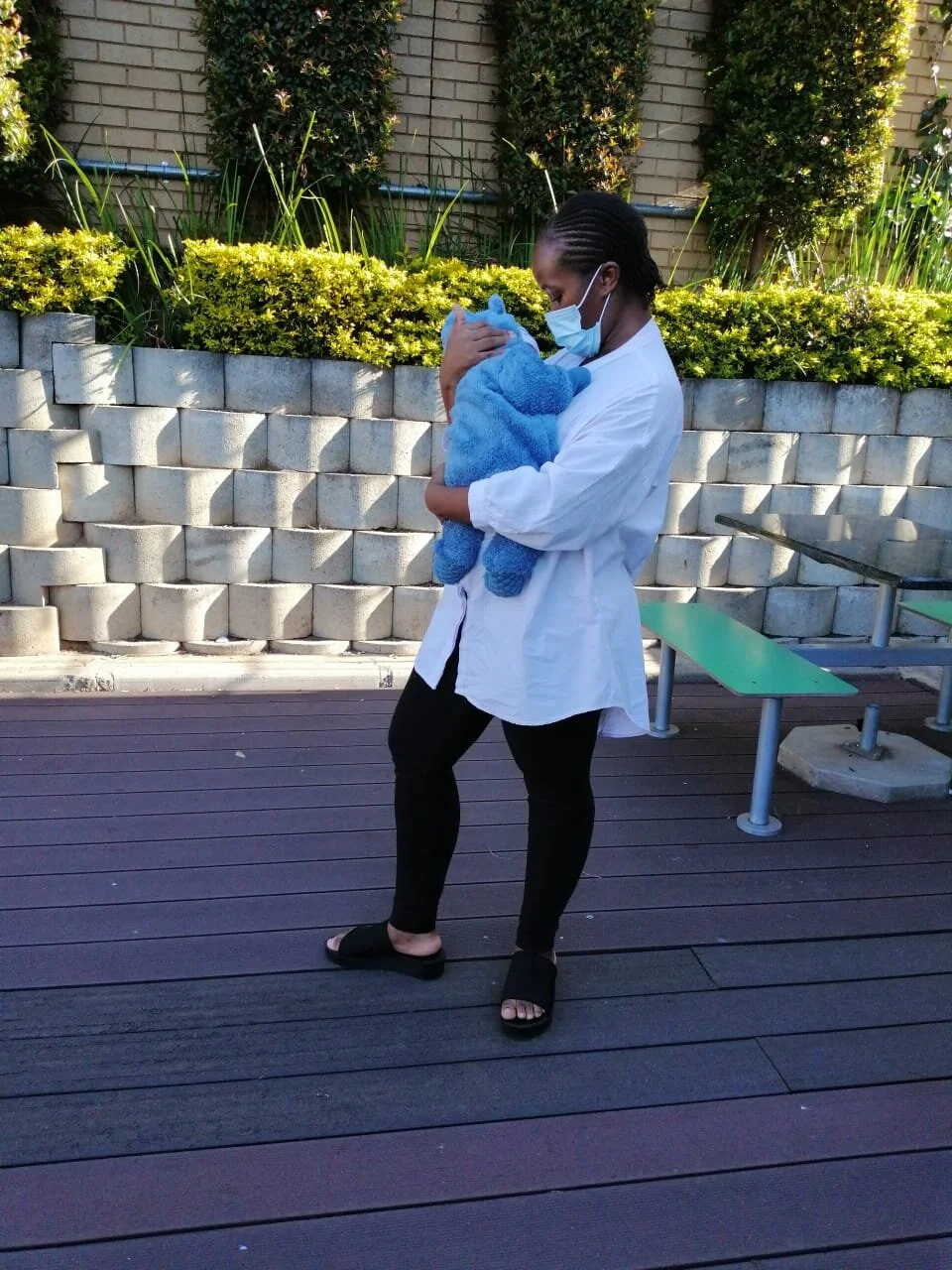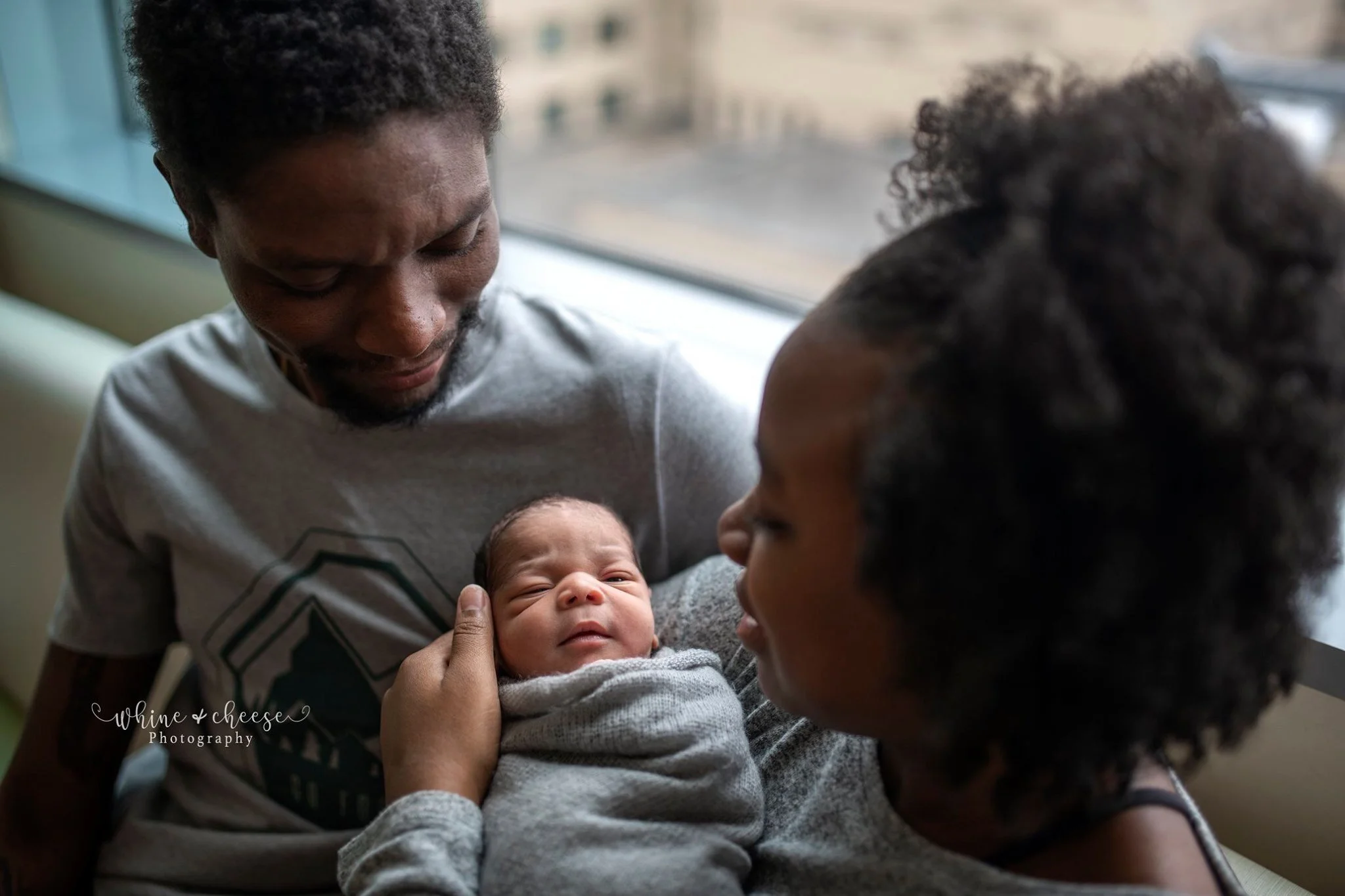From the beginning, Gabrielle and her fiance knew with the birth of their son; they were going to do things differently this time around. They hired a doula, hired a midwife, and began preparing for their homebirth. Yet seven months into their pregnancy, they were hit with the news that their midwife wouldn't be able to support them, and they had to go back to the drawing board. They visited different hospitals until they found one that felt right and enrolled in a nine-week intensive birth class. In this class, not only did they learn about childbirth but how to control their care, work with sand speak with their care providers to ensure that all decisions were based on and from informed consent. The lessons learned from this class would be vital in their advocacy and care during and after their son's birth.
Her son was born, but not breathing - care providers eventually revived him, but due to the length of time he was without oxygen, they were unsure if he would make it through the night. Gabrielle made that doctor eat his words, pray with her and her family, and demanded that no stone go unturned in her son's care. Her experience highlights the dark parts of birth, the parts we hope never happen, and yet it brings forth what can happen when you have the pieces to be empowered and use them fully.
Read More


















